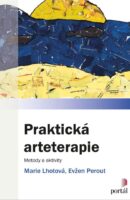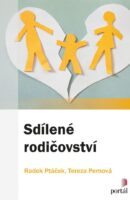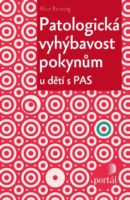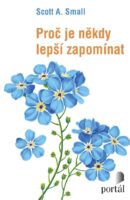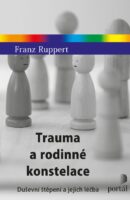Manuel Niemann, Tim Isenberg
Manuel Niemann, M. Ed. is a researcher at the Institute for Social Pedagogy, Adult Education and Pedagogy of Early Childhood (ISEP) at Dortmund University of Technology. The main areas of his work are inpatient educational support, mediatization and digitalization in social work, and professional action in social work.
Tim Isenberg, M. A. is a PhD student at the Institute for Social Pedagogy, Adult Education and Pedagogy of Early Childhood (ISEP) at Dortmund University of Technology. The main areas of his research focus on cultural-aesthetic education in social work, political education in social work, political philosophy, and democratic education.
Abstract
OBJECTIVES: The article addresses the increasingly present concept of education for sustainable development and outlines its relevance as well as possible implementation scenarios in the context of residential educational support. THEORETICAL BASE: These are based on the concept of “design competence” according to de Haan as well as studies on participation in the context of residential groups of inpatient educational support. METHODS: This article is a discourse analysis based on previous studies on the topic of education for sustainable development and participation. The considerations are primarily based on the results of qualitative interviews with the recipients as well as with professionals from inpatient educational support services. OUTCOMES: There is a need for development both at the institutional, structural level and at the level of professionals in order to meet the requirements of adequate participation. The implementation of the concept of Education for Sustainable Development can act as a resourceful and democracy-promoting instrument to support the development of adolescents. SOCIAL WORK IMPLICATIONS: Social workers represent an important profession that contributes to providing participatory spaces in which education for sustainable development can take place. The concept is cost-effective, easy to implement and offers the opportunity for sustainable personal development in the sense of a better world and environment.
Keywords
education, creative competence, participation, professionals, promotion of democracy, SDGs, residential group
p. 59-72

